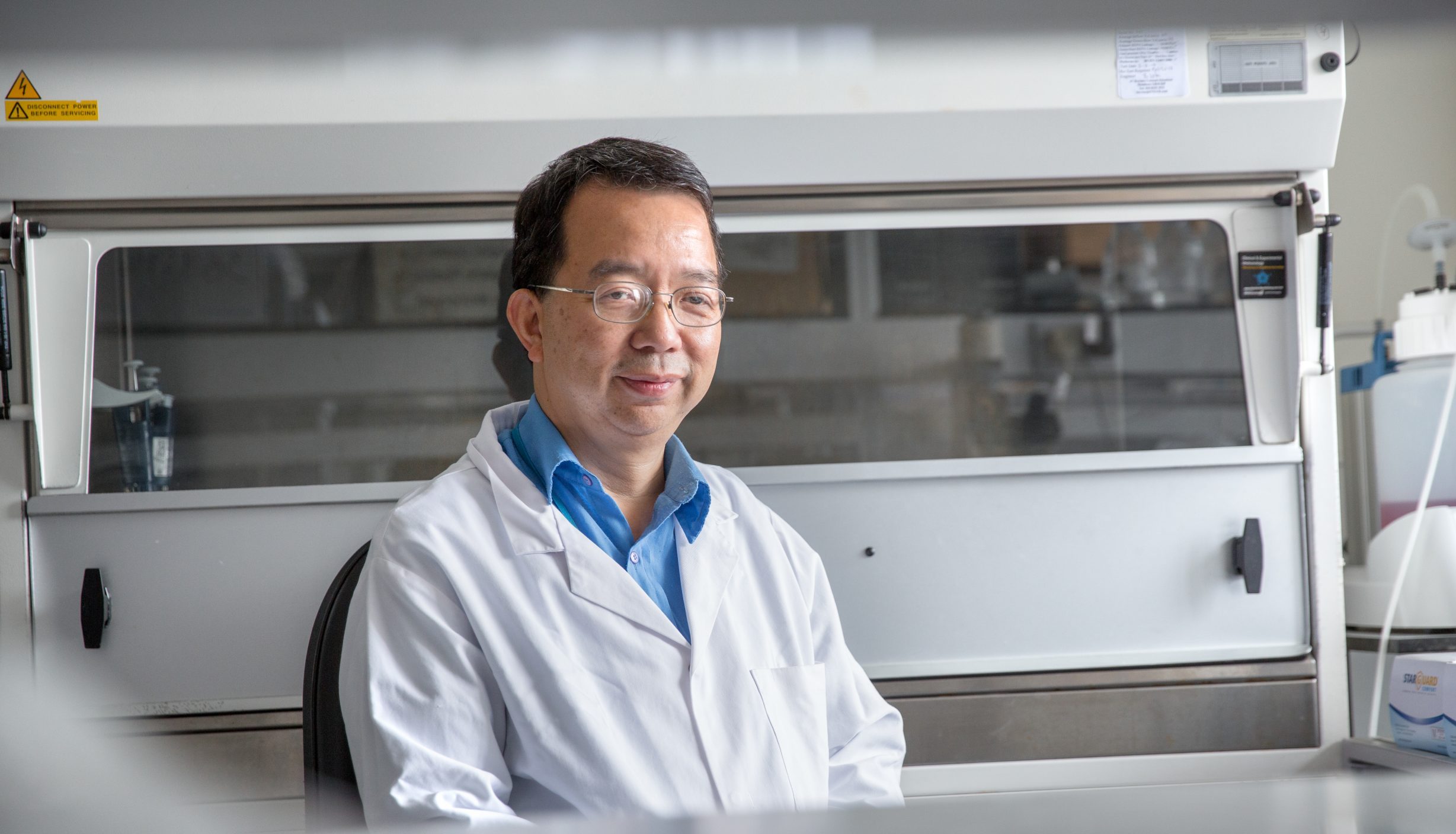
For a special spotlight on mentors in the department, we spoke to Ken and Mary Minton Chair of Renal Medicine Professor Frederick Tam. Here he tells us about what he enjoys about being a mentor and some of the highlights of his mentoring experience.
What is your role at Imperial?
My role involves teaching, research and clinical medicine. The has been role has changing over the years. I spend more and more time in teaching and research and less time on the NHS work. Since January this year, I’ve stopped my formal NHS role and hold an honorary contract for the NHS for teaching and research purposes. It is interesting to note how one’s work changes over the years.
Why do you think mentoring is a useful exercise?
There are 2 main aspects – firstly, it’s really helpful. Secondly, it’s really interesting. In terms of mentoring, I come across colleagues and students who need support which covers a broad spectrum of people. Life is really interesting. This is part of the joy of working at a place like Imperial – the range of people and the circumstances I come across. Both within and outside of Imperial College, I interact with amazingly talented people. Without formal or informal mentoring, you may never realise how talented these people are. When you work with talented people (for example as a supervisor or line manager), it’s important to give them the freedom to share ideas and develop – and that’s why mentoring really works. The right support, encouragement and guidance can allow people to fly!
What range of topics have you covered in mentoring conversations?
Listening is the most important part of mentor conversations. People are doing great things within both study and research, however they may not have opportunities to speak about these things. People are often under a lot of pressure and may not appreciate the value of the work they’re doing. Sitting down and having conversations with them is therefore important. It shows other people are interested in what they’re doing and allows them to appreciate their accomplishments to a greater extent. I don’t listen for the sake of listening – I’m actually interested in what they’re saying.
Alongside topics around work/study, I often cover wellbeing in my mentoring conversations and ask people how they’re doing both physically and mentally. I want to know if they have things like suitable accommodation and enough money to eat, especially in the context of the cost-of-living crisis. I personally experienced financial issues as an undergraduate student, and understand first-hand the impact this can have on individuals. Mentoring should take a holistic approach in my view. Academic achievement goes hand-in-hand with wellbeing.
What do you enjoy about being a mentor?
I enjoy getting to know people on a deeper level and to have the opportunity to see them develop. I was asked to write a reference letter for one of my mentees who was applying for a junior doctor position. When I saw their CV, I advised them that they had the experience to apply for a more senior role and encouraged them to focus more on what they were interested in. Within a year, they went on to hold a senior scientific medical position within a multi-national group. This is an example of how I really enjoy seeing how people develop throughout their careers.
What are some highlights of your experience and skills that you bring to mentoring conversations?
I treasure how people supported me when I was developing, both in positive and challenging times (such as not having money to eat at times during my undergraduate). Within the learning and academic environment people will face a variety of challenges, for example, how to manage work and home life. I am open about my challenges and how I work through them, and try to share personal experience in my mentor conversations. I don’t have the magic answer to everything, but I try to help my mentees understand that they’re not alone with this experience! I recognise and acknowledge that the hurdles they face are real and sometimes painful; but there is light at the end of the tunnel, even when things are really hard. I want them to feel supported and not feel like they need to go through challenges alone.
Do you have any advice for people considering taking up mentoring?
It is really enjoyable to be a mentor. As a mentee, it’s wonderful to engage with a mentor as through that relationship, you have potential to develop beyond your current need to study or work. You can develop better insight about your own potential and even act as a support for future students/colleagues.